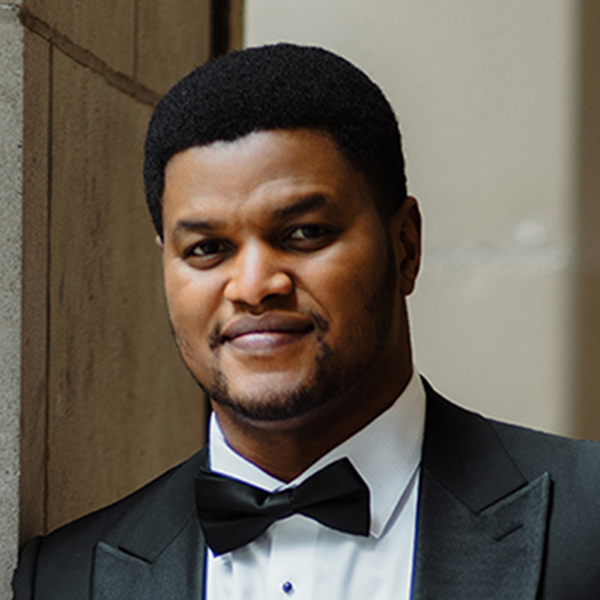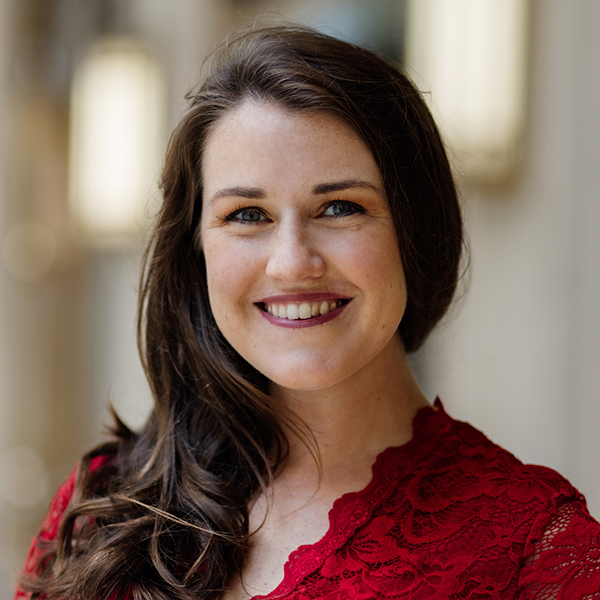Gioachino Rossini, Il viaggio a Reims, “Di che son reo?… D’alma celeste, o Dio!”
Lunga Eric Hallam, tenor (Count Libenskof); Katherine Beck, mezzo-soprano (Marchesa Melibea)
Gioachino Rossini had long been the undisputed king of opera when he settled in Paris in 1824. To the great disappointment of the city’s operagoers, he composed only five operas that premiered in Paris, and two of those were reworkings of previous scores. The first of the works for Paris was Il viaggio a Reims (The Voyage to Rheims), written in 1825 to celebrate the crowning of King Charles X at Rheims Cathedral. It premiered at Paris’s Théâtre Italien with many of the most famous stars of the day appearing in principal roles. After 1854, the work went unheard for 130 years. Its rediscovery was due entirely to the efforts of two extraordinarily dedicated musicologists, Janet Johnson and the late Philip Gossett. Their reconstruction of the work at the 1984 Rossini Opera Festival in Pesaro created a sensation, leading to major revivals elsewhere in Europe and at major American festivals. Given that Rossini was writing for virtuoso singers, much of the music is formidably difficult technically. Although the piece is basically a collection of vignettes and weak on plot, it’s loaded with charm and can dazzle an audience when performed by a vocally exceptional cast.
On the eve of the coronation, a large number of distinguished guests from a wide variety of nationsare stranded at an inn in Plombières, since no horses are available to take them to Rheims. A good deal of amorous intrigue occurs, especially involving three of the guests: Melibea, a Polish marquise; Don Alvaro, a Spanish general, who is her escort; and a Russian count, Libenskof, who is relentlessly pursuing Melibea. In a spectacular duet, full of demanding coloratura and extremes of range for both singers, Libenskof begs for Melibea’s heart to be restored to him. After much staunch resistance, Melibea finally gives in to him, and the two express their joy in a final burst of vocal fireworks.






